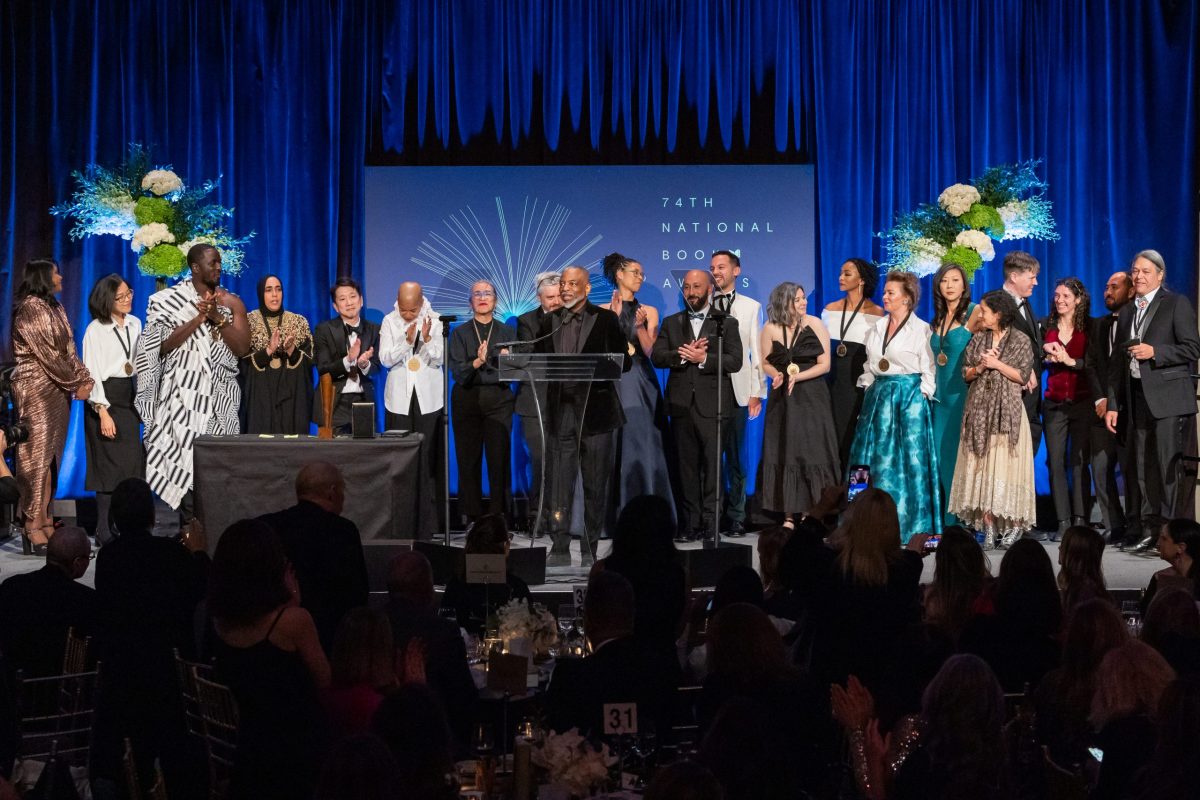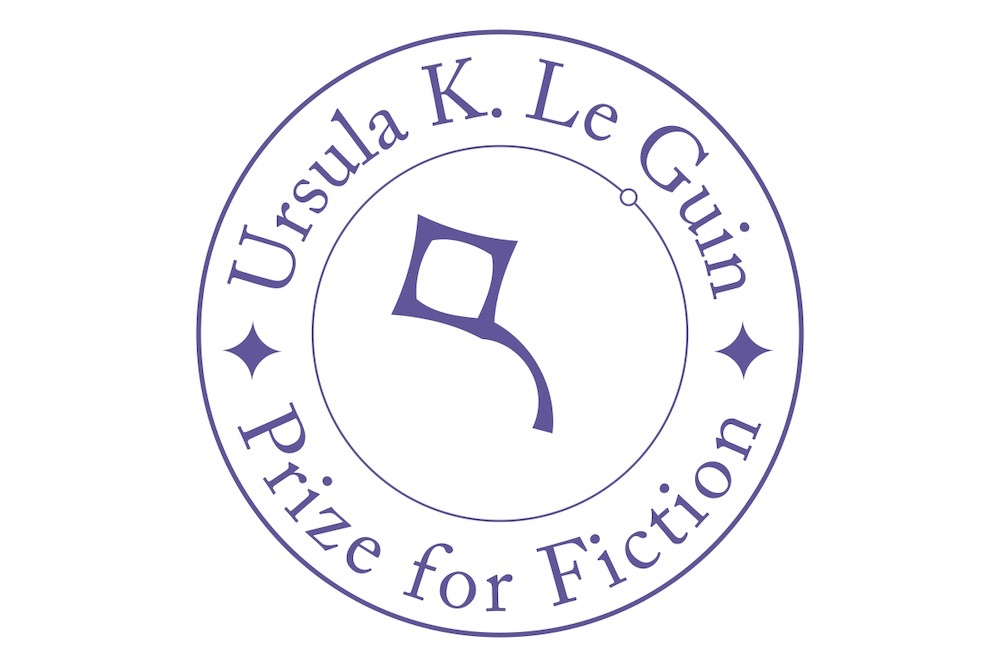news
The 2018 National Book Awards Were Full of Firsts—But Also Seconds and Thirds
Let’s not forget, in the thrill of firsts, that the people who follow matter as much as the ones who blaze the trail

One would hope that, at this point in human history, most of the obvious firsts would be behind us. Yet in the States and abroad we continue to witness (and celebrate) necessary firsts made day after day: the youngest woman to join Congress (Alexandria Ocasio-Cortez), the first Native women to win seats in Congress (Sharice Davids & Deb Haaland), the first Black woman to receive an honorary Oscar (Cicely Tyson), the first transgender woman to write and direct an episode for television (Janet Mock), the first Black woman CEO of a Fortune 500 company (Ursula Burns), the first Black person to win an Emmy for writing (Lena Waithe). And so it goes.
This year’s National Book Awards also had a night of firsts: the introduction of the translated literature category honoring both translated writer and translator; Isabel Allende as the first Spanish-language writer to be recognized for Distinguished Contribution to American Letters; Sigrid Nunez the first woman of Latinx descent to win for fiction, and a sweep of PoC winners including: Elizabeth Acevedo (young people’s literature), Yoko Tawada and Margaret Mitsutani (translated literature), Justin Phillip Reed (poetry), Jeffrey C. Stewart (nonfiction), and Sigrid Nunez (fiction). The firsts have continued for the National Book Foundation, and by extension their awards, with the arrival of the first woman of color executive director, Lisa Lucas. Last year saw firsts as well: the first time that four of the five finalists for fiction were women (and women of color at that). Ultimately Jesmyn Ward would take her second award in this category (another first for a woman of color).
Jesmyn Ward’s Story of Rejection and Perseverance is Familiar to Black Writers
When someone crosses the threshold to become “the first,” or when a moment is captured as “the first,” there can be the overzealous headlines proclaiming this a “win for diversity.” As if this first reflects the steady dispelling of seemingly “old” thought and abandoned oppression. This time next year, given a new circumstance, a new slot of art, a new group of gatekeepers, we may see a shift that “seems” to go backward rather than forward after experiencing such a “first.” This is why the firsts are important to recognize but so are the seconds, thirds, and so on. Each moment is etched in our minds. When we recognize this as being not one of the only, but one of many, it may not be termed so much a universal “win” as much as a step in a direction that further acknowledges the accomplishments of those who “happen to be marginalized” without erasing their identities nor centering it as the sole reason for their success.
When we recognize this as being not one of the only, but one of many, it may not be termed so much a universal “win” as much as a step in a direction.
As we see progress we also celebrate the Stephanie Wilsons and Joan Higginbothams, not the first Black women to travel to space yet part of a history of few recorded to do so. We mark the Colson Whiteheads — the fourth Black person to win a Pulitzer in fiction —and politicians like Senegal Prime Minister Mame Madior and former president of the Philippines Gloria Macapagal Arroyo. After this year’s winners and this year’s firsts, who will come after? Who will be the next or achieve their own first in the art world and outside it? Who will be next not to create the path but to extend it? If this year’s National Book Awards are any example, we’ll be witnesses to more firsts, to more writers extending a hand and showing the world and those who look like them, identify with them, were held by their work, that they’re following greatness by being just who they are.









